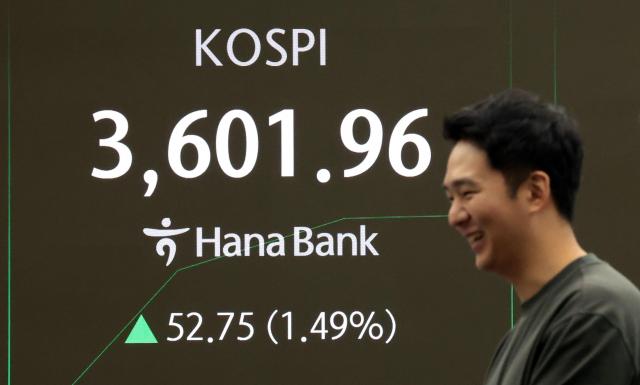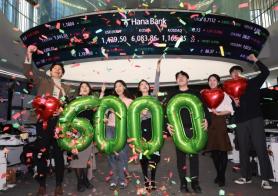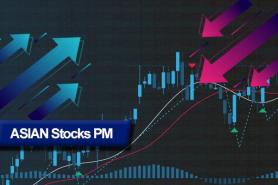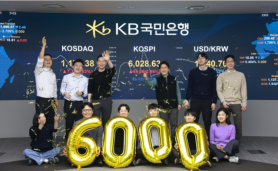
The benchmark KOSPI opened at 3,598.11, up 1.38 percent, while the junior Kosdaq rose 0.54 percent to 858.86. Within just several minutes of trading, the KOSPI climbed to 3,606.86, reaching the 3,600 level for the first time.
Before the holiday that began last Friday, the KOSPI closed at a record high of 3,549.21 on Oct. 2. While South Korean stock markets were closed, U.S. stocks rose, led by artificial intelligence-related shares, which seemed to boost Friday's strong opening here.
By around 9:00 a.m., Samsung Electronics and SK Hynix, the market's two largest companies, were trading at 93,900 won ($66.13) and 425,500 won ($299.65), posting solid gains.
But the won opened at 1,423.8 to the greenback, down 23.8 won from the previous session, its weakest level in roughly five months since May 14 when it fell to 1,421.3.
During the holiday, the won traded around 1,420 in the offshore non-deliverable forward (NDF) market, continuing its decline. The weakening won appears to stem from ongoing uncertainty over U.S. tariff-related investment projects.
The yen also tumbled, sliding to an eight-month low of around 153 per dollar, after Japan's ruling Liberal Democratic Party picked far-right winger Sanae Takaichi as its new leader over the weekend, making her likely to become the island country's first female prime minister.
Takaichi is expected to continue the expansionary policies of the late former Prime Minister Shinzo Abe, who pursued large-scale quantitative easing and increased fiscal spending under his monetary approach known as "Abenomics."
Copyright ⓒ Aju Press All rights reserved.




